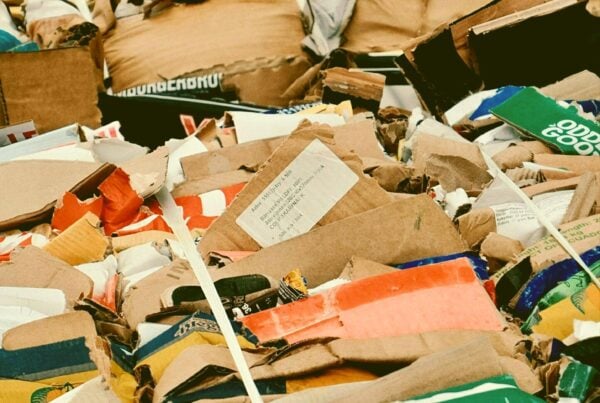Need some recycling tips? Read on.
Recycling is an essential part of saving our planet. The more waste that we can recycle, the less we have to throw into landfills. But did you know that “wishcycling” can actually hinder the recycling process? Wishcycling is the act of throwing anything and everything into the recycling bin, in hopes that it can be recycled. This, in reality, can cause harm to the environment. In this blog, we explore some quick and easy tips for recycling, so you can make a difference for the environment.
1. Remember the “Recycling Triangle”
Have you ever seen the recycling label on a plastic item? It usually has the recycling triangle that consists of three arrows- reduce, reuse, and recycle. The triangle is a reminder that recycling comes after the first two R’s, which is to reduce the use of anything that can’t be recycled, and then reuse items before recycling them. By following the triangle, you can create a lasting impact.
2. Know what to recycle
Recycling guidelines vary from city to city, so it is essential to know what can and can’t be recycled in your area. The guidelines offer insight into what can be put in the bins and what needs to be thrown in the trash. Some areas have restrictions, such as no glass, cardboard, or plastic, while others collect them all. This knowledge is crucial to avoid contaminating the recycling and preventing the recycling process.
3. Wash Recycling
When recyclables are not clean, it is difficult to recycle them. When sorting recyclables, the container is emptied, and the recyclables are sent down the line. Greasy pizza boxes or stained plastic containers can damage equipment and the final product, making them unsuitable for recycling; it’s always best to rinse anything before tossing it in the recycle.
4. Repurpose Items
Before recycling an item, consider reusing or repurposing it. For example, glass jars can be used to store food or spices, while clothes that are no longer worn can be donated to a charity, or your local thrift shop. If items cannot be reused or recycled, the last resort is to throw them in the bin. Repurposing is an excellent way to increase the lifespan of an item and minimize waste.
5. Donate E-Waste
Electronic waste or e-waste are devices that are no longer needed or have stopped working. It is illegal to throw electronic waste in the general waste, and it needs to be recycled separately. Consider donating old laptops, tablets, or phones to your local electronics recycling center. These items can be refurbished and used by someone else, preventing the need to manufacture more electronics.
Conclusion:
In conclusion, recycling is an essential part of decreasing the amount of waste that ends up in landfills, but recycling guidelines vary from city to city. Quick and easy recycling tips like washing out recyclables and repurposing items can help increase the lifespan of these products while making an impact on the environment. Additionally, the “Recycling Triangle,” which reminds us to reduce, re-use, and recycle items, is a helpful reminder of how we can make the most significant impact. With these small steps, you can make a difference and chip away at the environmental crisis that we face today.






